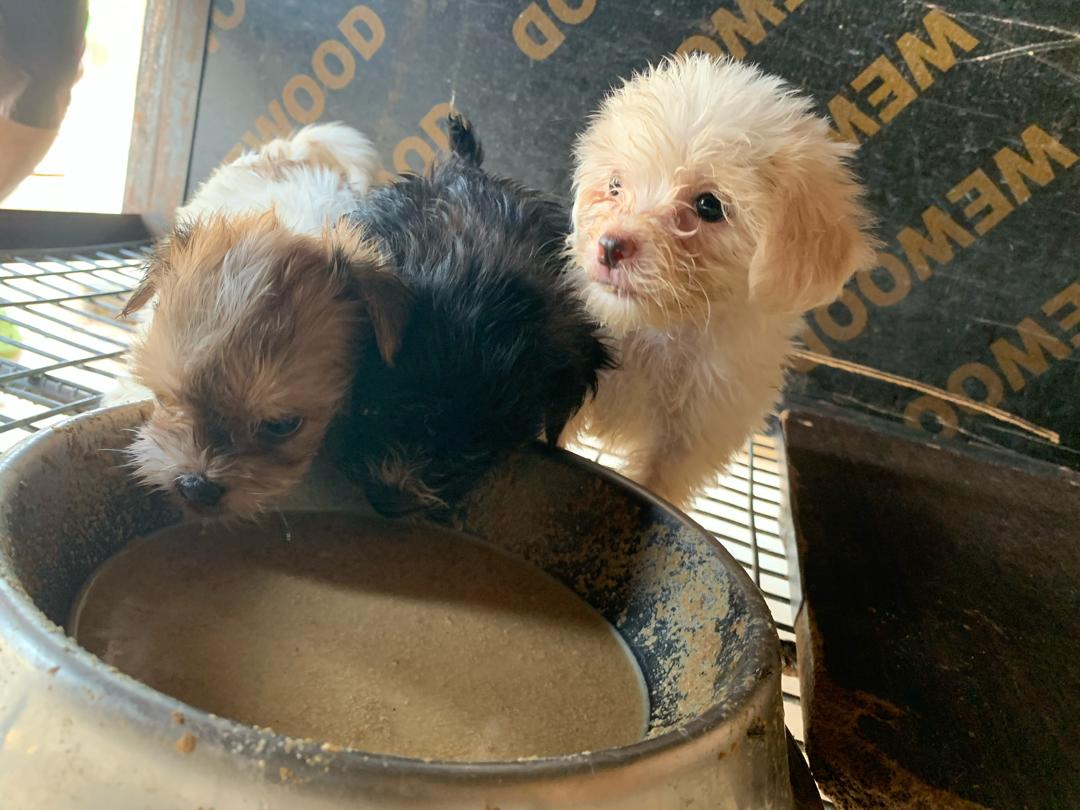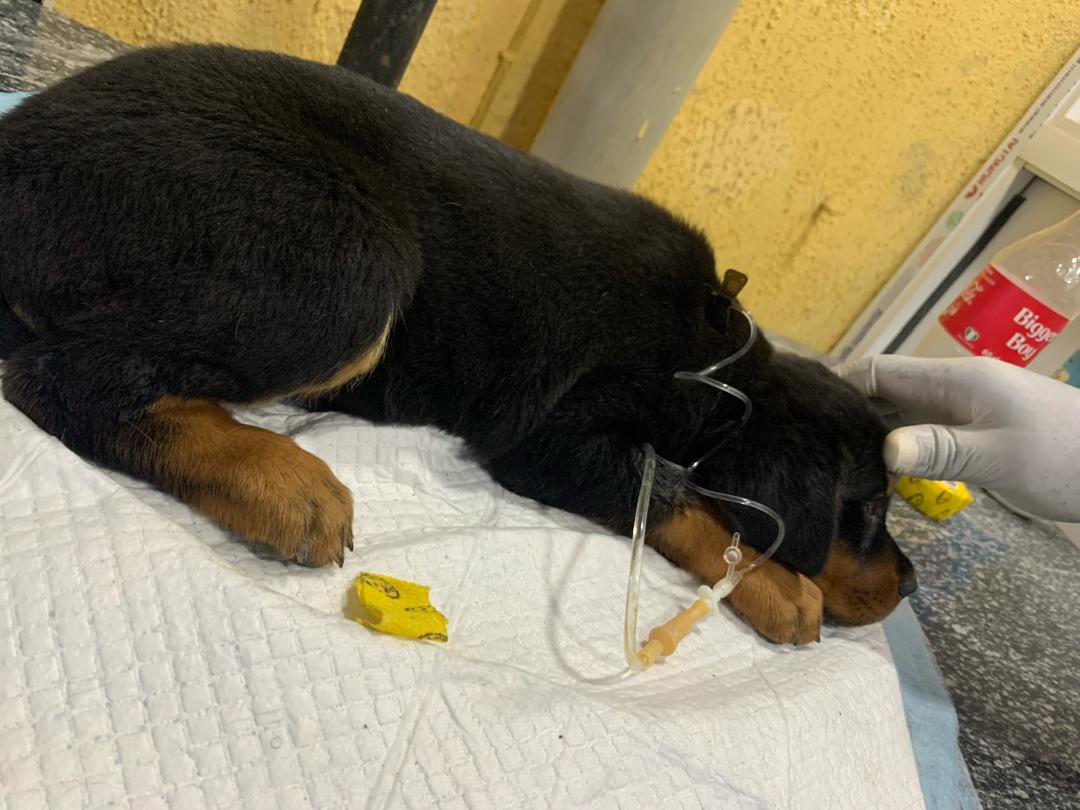About Us
Learn More About Us
Animal abuse awareness campaigns play a crucial role in educating the public about the importance of treating animals with kindness and respect. These campaigns often highlight the various forms of animal cruelty, such as neglect, abandonment, and physical abuse, and advocate for stricter laws and penalties to protect animals. By raising awareness, these campaigns aim to change attitudes and behaviors towards animals and ultimately reduce instances of abuse.
Animal abuse can take many forms, including physical abuse (beating, kicking), neglect (not providing food, water, or medical care), confinement in unsuitable conditions (small cages, overcrowding), abandonment, hoarding, and intentional cruelty (torture, mutilation). It can also involve exploitation for entertainment (circuses, bullfighting) or commercial purposes (puppy mills, animal testing). Each type of abuse poses serious threats to the well-being of animals and is often illegal and morally wrong.
Intentional cruelty to cats, or any animal for that matter, is deeply troubling and unethical. It's important to remember that animals feel pain and fear just like we do, and they deserve to be treated with kindness and respect. If you're aware of any instances of cruelty to cats, it's important to report it to the appropriate authorities so that the animals can be protected and the perpetrators can be held accountable.
Animal neglect refers to the failure to provide basic care for an animal's welfare, including food, water, shelter, and medical attention when needed. It's a serious issue that can lead to suffering and even death for the animals involved.
Animal hoarding and abandonment are serious issues that can have detrimental effects on both animals and communities. Hoarding occurs when someone accumulates an excessive number of animals, often beyond their ability to provide proper care. This can lead to neglect, suffering, and unsanitary living conditions for the animals involved. Abandonment, on the other hand, involves leaving animals without proper care or shelter, which can result in suffering, starvation, and even death. Both hoarding and abandonment contribute to animal welfare problems and can strain resources for shelters and rescue organizations. It's important for communities to address these issues through education, intervention, and support for responsible pet ownership.



African Mythical beliefs about Cats
The Yorubas , a predominant ethnic group in Nígeria have since associated Cats with witchcraft , and bad luck , they have seen cats as carriers of negativities .
Cats are mostly hated in the Western world due to irrational superstitions. As mentioned already, they were associated with witches and were feared because they were nocturnal animals. Black cats are considered bad luck by superstitious people...just like breaking a mirror or walking under a ladder.
Animal cruelty in Nigeria is prohibited under Section 495 of the Criminal Code (1990). These include, according to 495(1)(a), cruelly beating, kicking, over-loading, infuriating, or terrifying an animal, or allowing this to happen as the owner.
If the animal in question is a horse, mare, gelding, ass, mule, camel, bull, cow, ox, goat, pig, ram, wether, or ostrich, or the young of any such animal, the offender is guilty of a felony and is liable to imprisonment for seven years. Dogs and Cats are vividly missing on the list of animals hence the need to open up the legislation to protect these innocent animals.
The Nigerian Animal Welfare Strategy states as it's scope 'the care of, use of, and direct impact of human activity on all sentient species of animals in the nation. ' The country has not yet revised legislation to formally recognise animals as sentient beings.
How are dogs treated in Nigeria?
Many still treat dogs as no more than security guards, and leave them uncared for when they go away, sometimes not even feeding them. So-called pet boarding houses existed before the hotels, but animals were left unshaded and denied play time
THE SOLUTIONS
Good animal welfare requires disease prevention and treatment, responsible care, proper housing, management, nutrition, humane handling, and—when necessary—humane euthanasia.
The principles of animal welfare stipulates that
Animals must be provided water, food, proper handling, health care, and an environment appropriate to their care and use, with thoughtful consideration for their species-typical biology and behavior.
Statistics:
65% Of animal abuse is inflicted on dogs
Cats are the most abused animals:
It is a sad reality that cats are among the most frequently abused animals. There are several reasons for this, including: Overpopulation: There are many more cats than there are homes willing to take them in. This leads to many cats being abandoned, abused, or neglected
Slaughterhouse worker testifies animals cry before slaughter 💔 Whether they're raised on a “factory” farm or a “free-range” farm, all animals fear death, and there's no right way to kill someone who wants to live!
Previously abused dogs can display different signs and a wide variety of emotions. This includes shyness or social withdrawal, mistrust, physical inactivity, fear and depression.
Abused dogs may display signs of discomfort, such as panting or whimpering, and may become irritable or aggressive. Trauma or Abuse: Dogs that have experienced trauma or abuse may be prone to stress. They may exhibit fearful or aggressive behavior, and may have difficulty trusting people or other animals.
Abused cats also have long-term memories that allow them to form bonds with their owners, remember past experiences, and even hold grudges. If a cat has been mistreated, they will often remember the experience for years and have difficulty trusting humans again.

Want to learn More?
Contact us if you want to learn about us, and we will reach out to you
Contact us Now